Courtney Love recently made headlines for critiquing several popular female musicians in an interview with The Evening Standard. Love’s comments brought the singer familiar backlash, particularly for a statement labeling global powerhouse Taylor Swift as “not important.” At first glance, this phrase is reductive. In addition to the massive success of her career, Swift has proven her ability to wield influence in political and economic fields. Moreover, she has catalyzed mainstream conversations about women in the music industry. However, Love went on to explain that Swift “might be a safe space for girls, and she’s probably the Madonna of now, but she’s not interesting as an artist.” This claim is not necessarily untrue. From an artistic standpoint, it would be hard to pin Swift’s records as eccentric or revolutionary – at least not in the way the Hole vocalist likely means.
Though a capable lyricist and performer, Swift’s true genius lies in her marketing savvy. To declare otherwise would, frankly, be a disservice to her intelligence. As much as she seemingly attempts to stray from the “girl next door” image, Swift’s persona maintains a level of safety and accessibility that keeps her palatable for such a widespread audience. This effect is not unintentional, and it mirrors her approach to activism. While Swift has achieved laudable sway on voter registration, her political stances are fairly moderate to avoid alienating conservative fans. Thus, like Madonna, Taylor Swift excels in the pop genre and makes ripples – not waves – in the feminist movement. Does this cultural aloofness make either musician “not important?” On a broad scale, probably not. But, are they artistically “uninteresting?” Maybe.

Regardless, to anyone aware of the grunge scene icon, Love’s contrarian remarks are far from surprising. This is the same woman who recited Sylvia Plath’s “Daddy” for a “Mickey Mouse Club” audition and threw her compact at Madonna during the 1995 VMAs. As for the endurance of Love’s feud with the “Material Girl” singer, she told The Evening Standard: “I don’t like her and she doesn’t like me.” Love is blunt, mercurial, and unceasingly strange, but she is also a rousing artist. While Love’s rise to fame is often attributed to her turbulent marriage with Nirvana vocalist Kurt Cobain, she established herself as a force in the music industry through Hole.
The band’s first album, “Pretty On The Inside” (1991), garnered wide acclaim for its raw, disturbing lyricism and fiery, unpolished composition. Arguably one of the strongest rock pieces of its time, their following record, “Live Through This” (1994), is a sullen yet brazen exploration of trauma, sexuality, and female autonomy. Extolled as a punk-feminist manifesto, it maintains the feverish tone and grotesque imagery of “Pretty On The Inside” with evolved synchronicity and production. The album’s mastery is framed by its opening track, “Violet,” which contains soft poetics like “And the sky was all violet / I want it again but violent, more violent,” broken up by Love’s wail of the chorus: “Go on, take everything, take everything I want you to.” The similarly impressive “Celebrity Skin” (1998) was the group’s final release before their dissolution in 2002. Hole played a major role in bringing alternative rock to the mainstream, earning four Grammy nominations and over three million record sales in the US.

In a 2022 New Yorker feature, “Buffalo 66” actress Christina Ricci credits Love with defining an era that confronted what interviewer Rachel Syme terms “the harshness of being female.” Along with her contributions to the male-dominated rock genre, Love’s off-kilter, brutalistic presence subverted cultural ideals of refined and submissive womanhood. She accosted traditional notions of beauty, often flaunting a sardonic combination of prim, victorian-esque mini dresses with disheveled hair and makeup. Like her music, Love’s distinctive clothing style promoted a coolness around being messy. She is also an accomplished actress, receiving a Golden Globe nomination for her role in “The People vs. Larry Flynt” (1996).
A complicated personal life often overshadows Love’s career triumphs. Though some of her actions are, admittedly, ugly, Love has been mercilessly vilified for the same behavior that turns male rock stars into idols. For example, while battles with substance abuse tend to paint Kurt Cobain in a sympathetic light, Courtney is chided as perpetually reckless, loopy, and psychopathic. Regarding her penchant for controversy, Love stated for The Evening Standard: “I am completely disagreeable and I’m never going to apologize for that. I always wanted to be known as a b*tch. Being liked was never my thing. Kurt wanted to be liked but not me. He was able to hide behind me, but then I got hated. Then Kurt died, and the hatred towards me reached a completely new level. I did not plan for that.” Love is referring to the rise in public vitriol towards her after Cobain’s death in 1994. Though blame surrounding a beloved figure’s suicide is not uncommon, the lack of sensitivity around her case was – and continues to be – appalling. This societal comfort with apathy is likely fed by Love’s refusal to conform; because she is not demure, charming, or conventionally attractive, it is permissible to view Love as a caricature, rather than a human being.
As it does not fit into their narrative, the press generally overlooks Love’s involvement with activism. In 1993, she and Cobain made a surprise appearance at the Rock Against Rape concert, a benefit to provide resources and assistance for victims of sexual assault. This set was the only time Love and Cobain played together. She has also performed at multiple events supporting amfAR, an AIDs research foundation. Invariably outspoken, Love used her acceptance of the 1997 VH1 Best Female Personal Style Award – beating fellow luminaries such as Kate Moss and Nicole Kidman – to denounce homophobia. After giving thanks to designers and saying goodnight to her daughter, Love was met with dazed silence, followed by applause, as she declared: “I feel like keeping gay people in the closet with our attitudes and our actions is cruel, and it’s tacky and, most of all, it’s boring… It’s 1997 and respecting each other’s sexuality is about the coolest thing I can think of, except for maybe legalizing hemp and not wearing fur.” A signature mix of deadpan humor and sincerity, Love’s message remains powerful today.
LGBT visibility is not the only issue she was ahead of her time on; Love was one of the first to admonish movie mogul Harvey Weinstein for sexual misconduct, despite the threat it posed to her career. In response to a 2005 red carpet question on whether she had advice for young girls in Hollywood, Love warned: “If Harvey Weinstein invites you to a private party at the Four Seasons [hotel], don’t go.” When this TMZ clip resurfaced in 2017, Love revealed in a tweet that, while not a victim of Weinstein’s advances, she was blacklisted by the CAA (Creative Artist’s Agency) for her comment. A myriad of similar allegations against Weinstein instigated the #MeToo and subsequent #TimesUp movements.
In 2000, Love attended the Million Mom March, a demonstration on Washington’s National Mall that advocated for gun control and safety protocols. Of the celebrities present, Love spoke the longest, delivering an uncharacteristically subdued and heartfelt speech on the ease with which Cobain acquired a gun and thus ended his life. “There are those who say oh please have a gun for protection, but I know better,” Love shares with nearly a million protestors. “Ask a child like my little girl, Frances, who will never have her father. Hold her hand as she walks to school, or teach her to play guitar. Ask her if it’s good protection. I try to explain to my daughter that her father is dead, and that hundreds of other children’s fathers are dead, because we have no way of protecting depressed people from their darkest moments.” While the entirety of Love’s plea for stricter regulation is eloquent and rational, it is most affecting when her voice cracks at the simple expression: “I miss my friend. My daughter misses her father.” The Million Mom March was the largest gun-violence protest in US history, surpassed only by March For Our Lives in 2018. It enabled mothers across America to storm the polls, ultimately pushing several NRA proponents out of Congress and evoking recognition from then-president Bill Clinton. Love continues to support numerous charities around causes such as economic disparity, Alzheimer’s research, and LGBT rights.

Her latest creative project is an eight-part BBC radio show entitled: “Courtney Love’s Women.” Love’s song choices, commentary, and personal anecdotes “[shine] a light on the fierce intelligence of a woman who has been much maligned by a complacent media that has often appeared to go out of its way to disparage and demean her.” Beginning with the soundtrack of her countercultural Haight-Ashbury childhood, Love delineates roughly sixty years of female musicians who have shaped her art and carried her through adversity. She also shares poems by Sylvia Plath and Anne Sexton. Love asserted for The Evening Standard that, through her show, she intends “to redeem some of the women who have been treated so badly by the record industry. That’s all.” Love elaborates, “After I saw the success of [all-girl band] The Runaways in the mid-1970s, I had this idea that Hollywood was run by girls in bands, or at least by girls who wanted… guys in bands. Boy was I wrong. Hollywood was like the rest of the music industry: run by men. So, I didn’t accept it… Producers, critics, musicians, all men. I don’t think so. Women are still marginalized in this industry, even though they’re more successful.” Of course, this quote is omitted in most accounts of Love’s so-called “attack” on Taylor Swift. While, as the public would like to believe, Love jumps to belittle fellow women, her radio show lauds female artists such as Nina Simone, Patti Smith, Joan Baez, Billie Holiday, and Deborah Harry. In addition, contrary to the rhetoric that Love now despises Lana Del Rey – based on a singular comment expressing disappointment over Lana’s cover of “Take Me Home Country Roads” – she commends the “A&W” singer as a talented influential among the ranks of PJ Harvey. She also credits Lana with getting her through a Xanax detox by driving Frances Cobain to see Love “almost every day.”
Perhaps, as many have speculated, Love’s minor jab at Swift is born out of jealousy or an attempt to stay relevant. Nonetheless, that the press chose this remark to scrutinize out of a 1,700-word feature is telling. The Courtney vs. Taylor craze affirms media complacency denoted by the interview it stems from. This new outrage is not in defense of “girls supporting girls;” it is part of a decades-long smear campaign against a woman who dares to be imperfect. In 2024, it is lazy, diminutive, and, as Love would say, boring. Concerning her slight distaste for the current climate of female musicians, Love believes, “It’s great that there are so many successful women in the music industry, but lots of them are becoming a cliché. Now, every successful woman is cloned, so there is just too much music. They’re all the same.” Whether you agree or disagree with Love’s opinion, the sentiment is consistent with that of her early lyricism from “Garbage Man” on “Pretty On The Inside”: “I spread my rot all over this town / And every one of you, looks the same / And every one of you, feels the same.” Love is well aware of her supposed “rot” and couldn’t care less. She will always be unapologetically divisive, and she is, if nothing else, “interesting as an artist.”



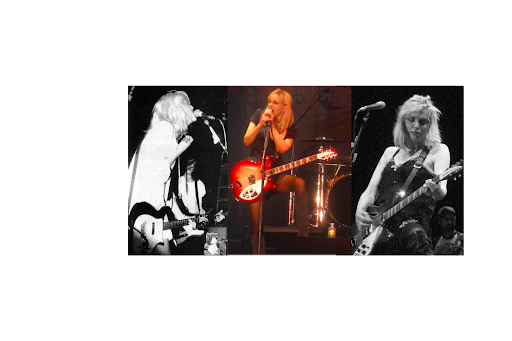



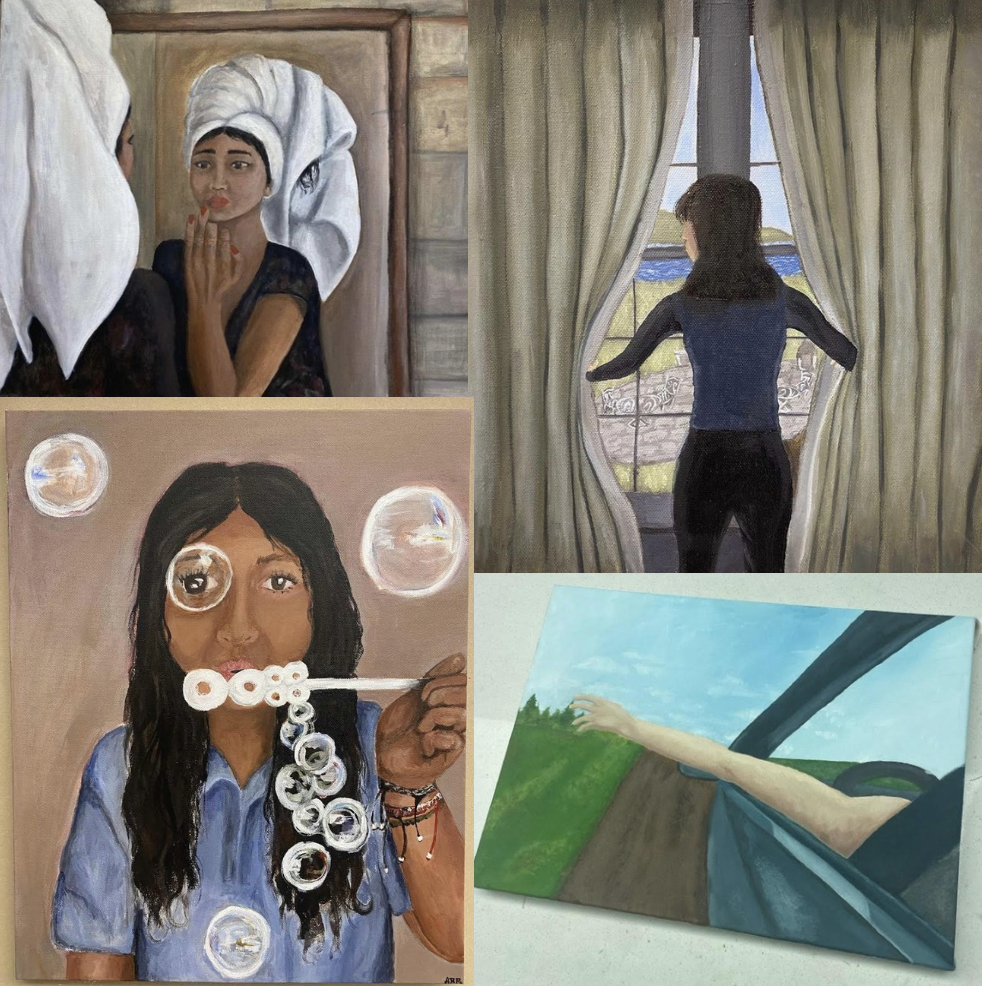
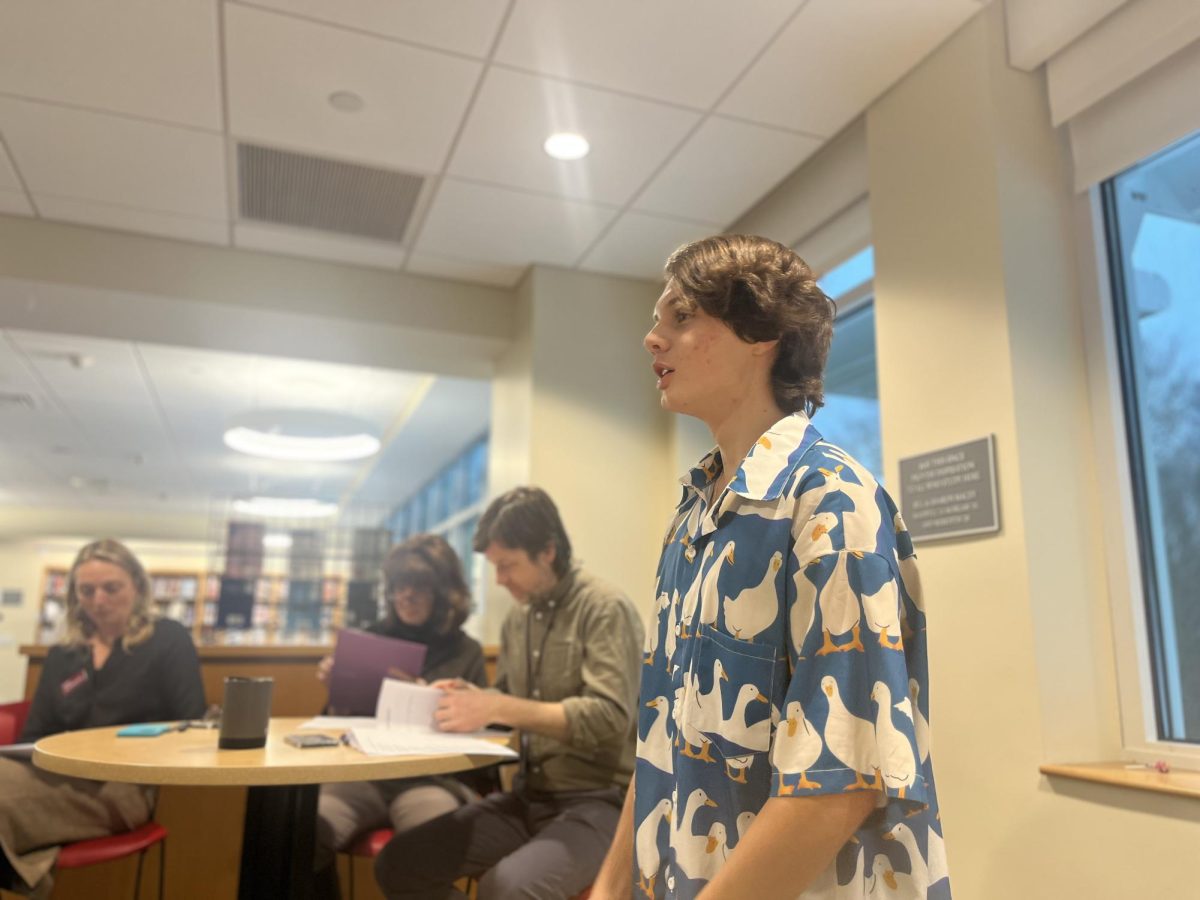
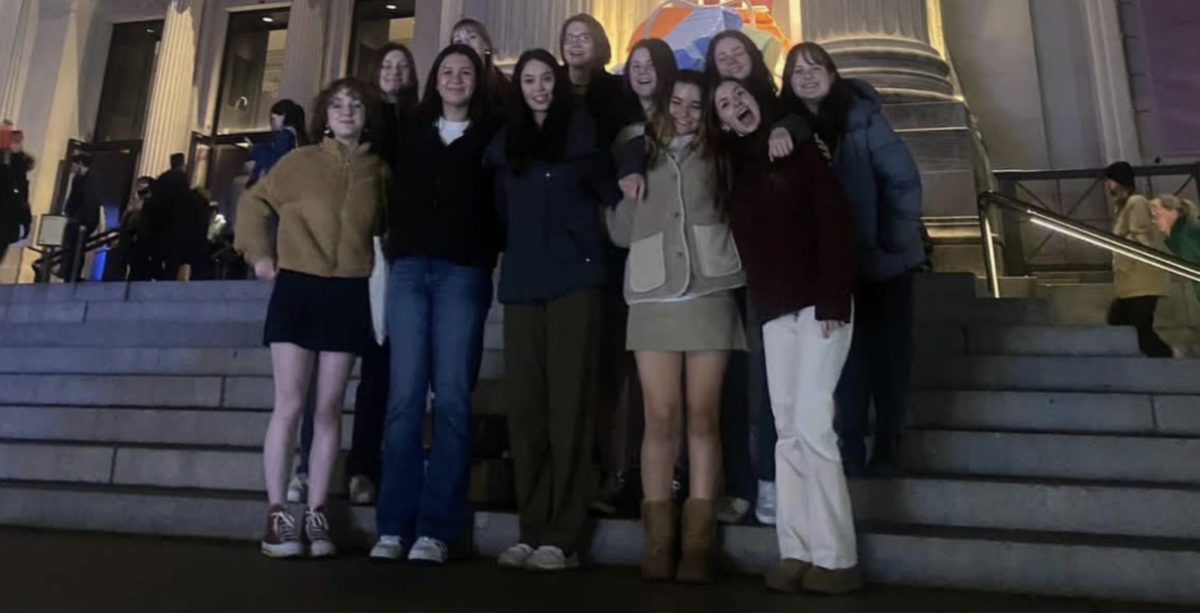
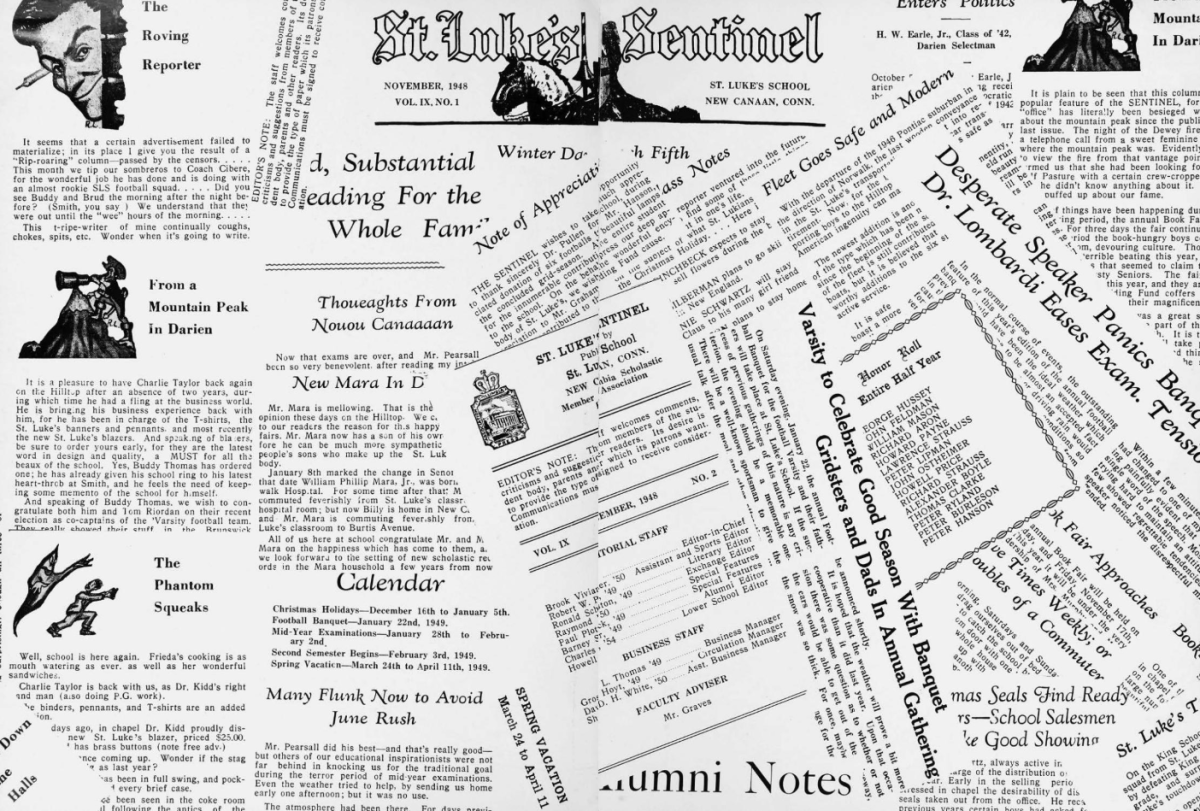





Curtis Foreman • Jun 7, 2024 at 10:23 am
Toxic celebrity. American Express fraud, insurance fraud, a string of unpaid debts, brings others down in her hunt for her supposed missing millions. Not LGBT friendly, just was once part of her gimmick. Wretched human being who just got lucky riding coat tails. Hires lackeys and junkies from Canada to come to the states and do her dirty work.
Ella Thomas • May 9, 2024 at 2:48 pm
Reading this was a profound, life changing, eye-opening, and illuminating experience. Your article and it’s contents perfectly capture Love’s whimsy, silly, and frood-like personality. Thank you so much for this piece of artwork. Your contributions will forever be remembered and appreciated.